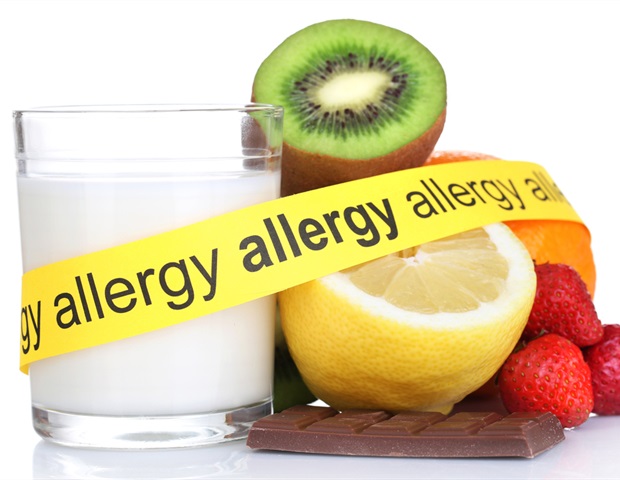Hives, asthma, eczema, etc. are all very common symptoms of an allergic reaction. Mild allergies cause irritation and discomfort, while severe allergies can lead to anaphylaxis, which can even be fatal.
Now health experts from the University of South Australia are calling for a renewed focus on allergy training for nurses to deliver allergy care, procure reliable evidence-based resources and provide patient education to patients and their families across the healthcare sector.
This is a timely move ahead of World Allergy Week (June 23rd to 29th).
Allergic disease currently affects more than four million Australians, a number expected to nearly double over the next 20 years. Approximately 40-50% of children will experience symptoms of allergic disease in the first four years of life.
Experienced allergy registered nurse and lecturer, UniSA's Dr Derrin Thompson, said the increasing demand for health services, particularly relating to allergic diseases, was a serious public health issue, as highlighted by the National Allergy Council.
“With allergies and anaphylaxis on the rise in Australia, it's important that nurses provide specific and accurate allergy care and education,” Dr Thompson said.
“Nurses, particularly those working in primary health care (such as GP nurses), must be able to explain allergies and correct misconceptions about allergies, intolerances and access to post-mail tests and treatments.”
“Nurses can be at the forefront of providing evidence-based best practice information and resources and advocating for early intervention.
“Currently, nurses must pay for their own postgraduate study, meaning many struggle to access affordable allergy training, leaving them ill-equipped to support allergy sufferers.
“The National Allergy Council wants to make allergy care more accessible to patients across Australia, and with the additional training and knowledge nurses are perfectly placed to provide this care.”
The recent announcement that the Federal Government will invest $50.2 million to improve the skills of Australian nurses could be key to expanding allergy education among registered nurses specialising in primary health care.
UniSA's Specialist Diploma in Allergy Nursing is the only allergy nursing course in Australia. Delivered in collaboration with the Australian Society of Clinical Immunology and Allergy for Nurses (ASCIA), the course equips nurses with the knowledge, skills and attitudes to confidently care for children and adults with allergic conditions, using best practice and evidence-based care.
“Increasing pressures on health services are making it harder for many people to access allergy support, and primary health care is usually people's first contact with the health system,” Dr Thompson says.
There is currently a drive within the health sector to place nursing at the forefront of workforce reform, and improved access to allergy education services could make a difference to the lives of millions of Australians.
All nurses should have access to these courses, not only because they provide another avenue for people to seek support and advice, but more importantly, they will be better equipped to provide the best possible care to all Australians.
Training nurses to provide allergy advice and treatment will help ease the burden on the Australian health system. We must make allergy training available and accessible to all nurses across the primary health care system.”
Dr Derrin Thompson, UniSA
sauce:
University of South Australia



